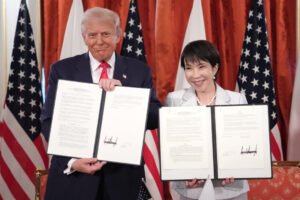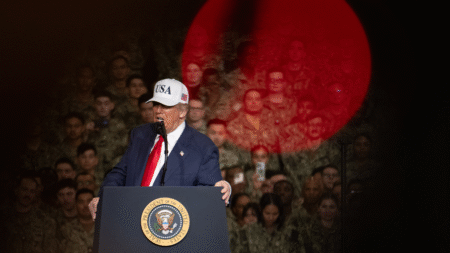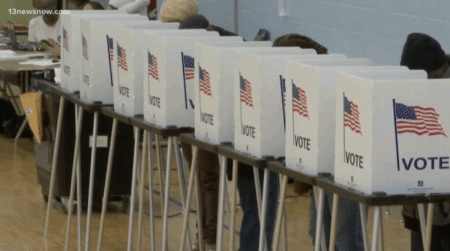For decades, families around the world have fought for the freedom to homeschool their children, often against hostile laws, heavy-handed bureaucracies, and, in some cases, outright persecution. I’ve walked alongside many of these families as a global advocate for homeschooling rights, challenging oppressive regimes and urging governments and international institutions to recognize what should be obvious: Parents have the fundamental right to direct the upbringing and education of their children.
That’s why UNESCO’s new report, “Homeschooling Through a Human Rights Lens,” is significant. For the first time, a major United Nations agency has taken homeschooling seriously — not merely as an educational alternative, but as a legitimate expression of the human right to direct the upbringing of one’s children. As a member of the report’s panel of experts, I can attest to the thoughtful and at times tense dialogue that shaped the final document.
While I commend UNESCO for the report, I reject its unwarranted recommendation that calls on governments to register homeschooling families and evaluate them according to state-imposed standards. This recommendation is antithetical to the principles of liberty upon which the United States, and even the United Nations itself, was founded. American homeschoolers are rightly skeptical of any report that calls for greater regulation, but because international policymakers are influenced by international human rights notions, this report has the potential to help families who live in countries where parental freedom in education is not favored.
Millions of families have demonstrated across every continent and culture that homeschooling works — and it works well. To its credit, the UNESCO report acknowledges the diversity of homeschooling approaches, the growing body of research supporting its efficacy, and the sincere motivations of parents who choose this path. It even cautions against assuming that homeschoolers are outliers or abusers. That acknowledgment matters. For decades, the homeschooling movement, even here in the United States, has fought against statist and misbegotten assumptions. At the international level, this report marks an important shift in that conversation.
For all its positive acknowledgments, its recommendation reveals a strong assumption of state supremacy. But families are not wards of the state; they are the primary and natural educators of their children. The oldest of the United Nations’ declarations, the Universal Declaration of Human Rights (UDHR), itself acknowledges in Article 26.3 that parents have a “prior right” to decide how their children are educated, and Article 16.3 describes the family as “the natural and fundamental group unit of society.”
Far from being a threat to educational quality or child welfare, homeschooling is often a lifeline for families seeking safety, excellence, or authenticity in education. When parents take responsibility for their children’s education, they are exercising freedom in its purest form: the freedom to order their lives according to conscience and conviction. Homeschooling reflects the principle of self-governance at the heart of our American experiment, and these basic truths are articulated in the UDHR.
While refuting Harvard Law Professor Elizabeth Bartholet’s fringe view that homeschooling should be banned, I have explained that the U.N.’s “statist” worldview is rooted in a “positive rights” mindset, which sees government not merely as a protector of liberty but as the central actor in nearly every aspect of human life. Under this paradigm, rights are granted and fulfilled by government, and education becomes a public utility — monitored, managed, and molded by the state.
The dangerous assumptions here are that freedom requires supervision, parents can’t be trusted, and kids are just future workers, or worse, weapons in a war for cultural domination via compelled government indoctrination. However, our Constitution and Declaration of Independence reflect the opposite idea: that rights should limit government power. The First Amendment does not grant the right to speak; it prohibits the government from infringing on it. The Second Amendment doesn’t create a right to bear arms; it forbids the government from restricting it. Our concept of liberty assumes rights come from our Creator and governments are instituted to secure them, not to create them.
The positive rights framework flips this principle on its head. By assuming the state, not the family, is the primary moral agent in society, it replaces self-governance with bureaucracy and empowers politicians and administrators to decide whose rights are valid and when they can be exercised. When government becomes the arbiter of rights, freedom becomes conditional — subject to the whims of those in power. Founder James Madison points out in Federalist No. 51, “If men were angels, no government would be necessary.” But men are not angels, and even if seeking “the common good,” such presumptions lead to tyranny, not freedom.
It’s not surprising that the U.N., an organization of governments captured by left-wing internationalists, would take this approach. When all you have is a hammer, everything looks like a nail. To the U.N., anything the government doesn’t control is a nail to be hammered down.
But this statist reflex is inconsistent with the U.N.’s own charter, which recognizes the principles of liberty and self-determination. This is perhaps the biggest problem with the U.N.: Rather than resisting the centralization of power, it sees the solution to virtually every problem as more regulation, more control, and more government. This is antithetical to the principles on which our republic is founded, where our constitutional system seeks to divide and separate power to limit the government’s ability to interfere with our rights and freedom.
It has long been my hope to see homeschooling recognized as a human right, and this report goes a long way toward realizing that vision. But it is a reminder of the ongoing tension between those who trust people and those who seek power. If we believe in freedom, then we must trust parents and their decisions about how to raise and educate their own children.
Our founders understood that freedom and responsibility are two sides of the same coin and that government’s role is not to manage the people but to preserve their liberty. Therefore, we must embrace Ronald Reagan’s exhortation to fight to preserve our freedom that is always just “one generation from extinction.”
Homeschooling embodies the basic American principles of self-governance, freedom, and the presumption that families know what is best for their children. The right of parents to raise their children and direct their education is preeminent, primordial, and prepolitical. It is a right that precedes the state itself, and no U.N. report can change that.
Read the full article here












